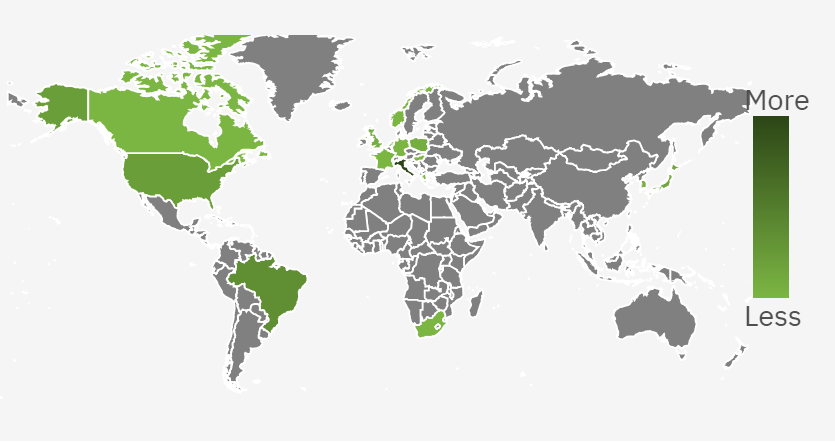 An open access journal
An open access journal
Enhancing Education Systems for Personalized Learning
Abstract
This paper explores the enhancement of education systems for personalized learning through AI-driven engineering. Through case studies and research insights, it investigates how artificial intelligence is revolutionizing traditional education practices, including teaching, assessment, and student support. The study highlights the application of AI techniques such as adaptive learning algorithms, natural language processing, and educational data mining in tailoring learning experiences, providing immediate feedback, and identifying individual learning needs. Additionally, it discusses the integration of AI with learning management systems, virtual tutors, and educational games to promote engagement, motivation, and lifelong learning. The paper also addresses challenges such as privacy protection, algorithmic bias, and digital divide in the deployment of AI-driven engineering solutions in education. It emphasizes the importance of pedagogical innovation, teacher professional development, and equity in leveraging AI's potential to transform education and empower learners of all backgrounds.
Share and Cite
Article Metrics
References
- Baker, R. S. (2016). Stupid tutoring systems, intelligent humans. International Journal of Artificial Intelligence in Education, 26(2), 600-614.
- D'Mello, S., & Graesser, A. (2010). Multimodal semi-automated affect detection from conversational cues, gross body language, and facial features. User Modeling and User-Adapted Interaction, 20(2), 147-187.
- Koedinger, K. R., & Corbett, A. T. (2006). Cognitive tutors: Technology bringing learning sciences to the classroom. The Cambridge Handbook of the Learning Sciences, 61(1), 61-78.
- Liu, D., Wang, J., & Li, W. (2017). Deep learning for event-driven stock prediction. In Proceedings of the 2017 IEEE/ACM International Conference on Advances in Social Networks Analysis and Mining 2017 (pp. 258-263).
- Mizzi, D., & Saliba, M. (2019). Artificial intelligence and adaptive learning systems: A systematic review of the literature. International Journal of Artificial Intelligence in Education, 29(2), 218-257.
- Siu, A. F., & Weidlich, J. (2019). Gamification in education: A systematic mapping study. Journal of Computer Assisted Learning, 35(3), 381-394.
- Xing, W., Du, M., & Xing, G. (2016). A survey on educational data mining: Trends and future directions. IEEE Transactions on Learning Technologies, 10(4), 624-637.

